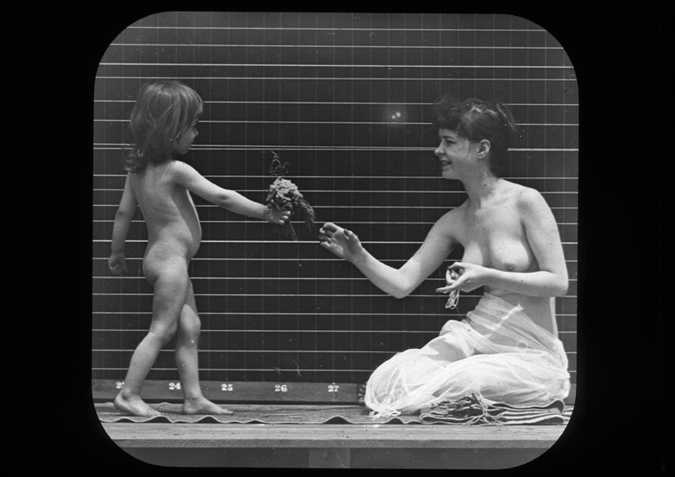My Dentist
My dentist has hair
the color of lint,
stubble (at least
on the days I see him)
and wrinkles around his ears.
He leans back (too far I think),
elbows stiff
like a child
holding his first sparkler,
thoughts in Missouri perhaps
or lost in last night’s bouillabaisse.
Come closer, I murmur,
but my mouth is a steel bouquet,
my tongue corralled in rubber.
The hurts of this life
(and maybe one or two more)
huddle with me on the long green chair,
a boatful of refugees
drifting toward pain.
Come closer, dear dentist.
Look past the cracked crown
and yellow decay,
the rumpled gums and downy chin,
gaze deep into the basement of my fear,
the pilot light that keeps
the whole house warm,
and tell me without solace
what you see.
Put aside your drill, lower your mask.
The smell of burning bone is everywhere.
This is as close as we ever get.
Lean closer,
closer
still.
Leigh Hancock has been writing poems for most of her life. She has an MFA in writing from the Universityof Virginia, where she was a Henry Hoyns Fellow. She has also received fellowships from the Wurlitzer Foundation, Hedge brook Via Montalvo and Fishtrap. Her work has been published in several anthologies and magazines including Calyx, Mothering and Sundog. She lives lives in White Salmon along the Columbia Gorge with her husband, son and border collie.


